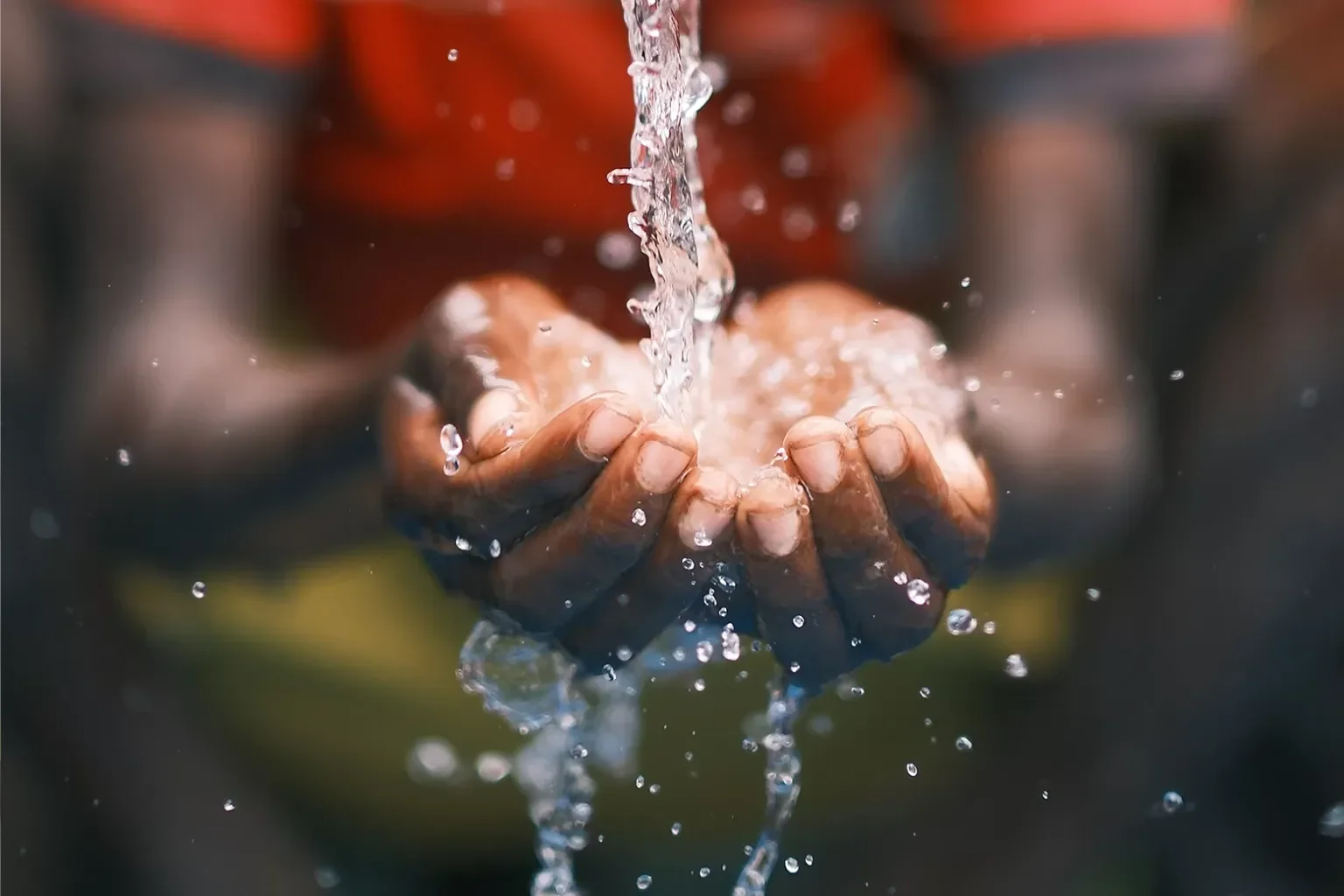Zakat Almal and Nisab
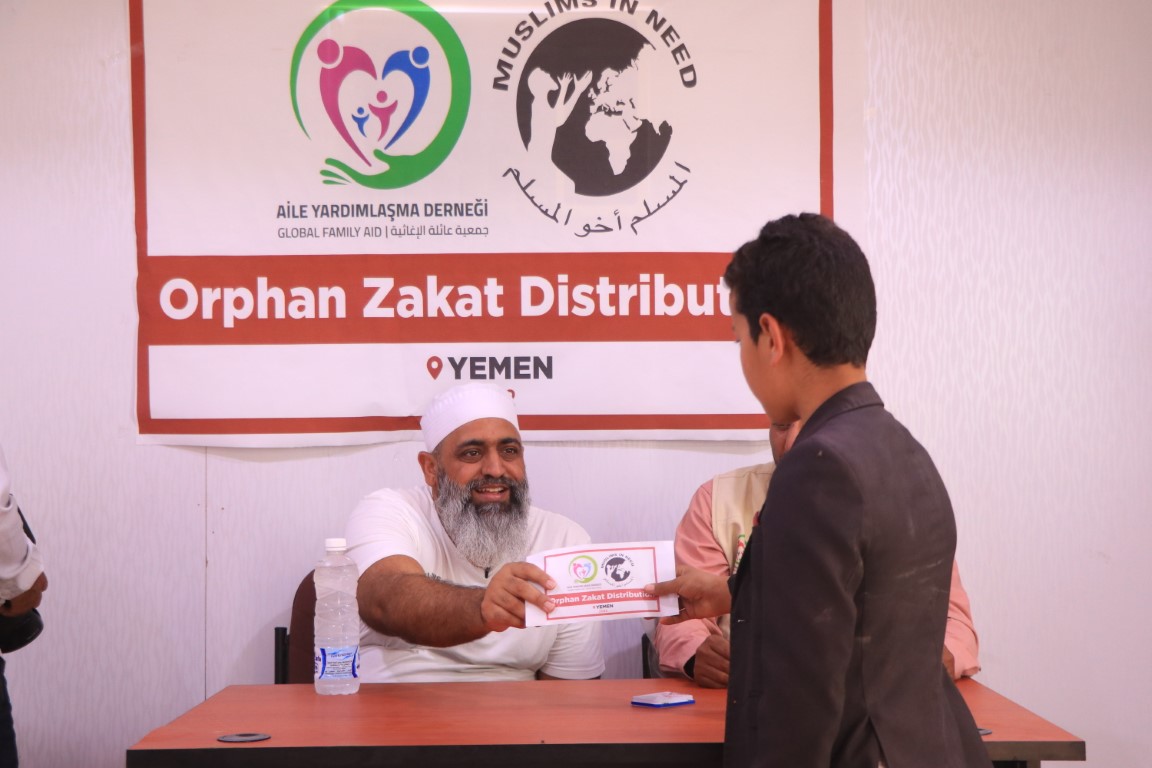
Zakat Almal and Nisab
Zakat: Pillar of Islam and Its Significance
The five basic pillars of Islam include Zakat, or the Mandatory Charity, as the most major activity undertaken among its people. The meaning of the word “zakat” itself is “purification,” which again refers to its role in helping Muslims purify their wealth and give thanks to Allah (SWT) for blessings bestowed.
Understanding Zakat in Islam
Zakat is a divine commandment explained in the Holy Qur’an. It represents an act of worship and one’s social duty. Zakat becomes obligatory upon all Muslims who possess more property than the minimum quantity, known as nisab. Zakat aims at the purification of the giver’s wealth for serving those in need for the purpose of fulfilling a foremost religious and moral duty.
Zakat Al-Mal: Important Part of the Teachings of Islam
The Islamic ruling on Zakat Al-Mal was instituted to bridge the gap in the economic divide between the rich and the poor. A mode of obligatory charity, it renews the divisions in wealth to uphold social equity, reducing disparities in economic status. If executed effectively, Zakat has the potential to build a more just society. Historical examples show that because of the wide and appropriate distribution, Zakat funds are ample and the level of poverty is at a minimal rate, such as during the rule of Umar bin Abdul-Aziz.
Challenges and Recommendations in Zakat Collection
Despite the potential, actual collection and utilization of Zakat Al-Mal remain limited because of issues of trust and transparency. For Zakat mobilization to be really effective, institutions responsible for its collection would have to be transparent and trustworthy. Successful application of Zakat in various historical contexts has shown its power to fund agricultural and development programs that reduce poverty in the long term.
Islamic Sheikhs and Muftis have shared detailed guidelines regarding Zakat Al-Mal calculation. For example,
– Mufti Muhammad ibn Adam al-Kawthari believes that Zakat will be payable on one’s cash savings, business assets, and investments held for a complete Hijra year; it is payable on 2.5% of the total wealth.
– Shaykh Abdul Qayum suggested pensions and bank deposits over and above the nisab are added to the Zakat calculation.
– Mufti Abdur-Rahman Mangera asserts that Zakat is due on only liquid forms of means, like cash, gold, silver, and Islamic investments.
– Mufti Shabbir Ahmed also expands the items on which Zakat is due by including shares, bonds, and mutual funds.
However, determination of the nisab, which is the minimum wealth threshold, is requisite. Most scholars, including Mufti Muhammad ibn Adam al-Kawthari and Mufti Shabbir Ahmed, more often refer to the silver nisab-612.36 grams of silver-as this broadens the circle. Others, like Shaykh Haitham al-Haddad and Mufti Abdur-Rahman Mangera, advise the nisab in gold, 85 grams of gold, for the well-to-do. However, they state that the former has wider application.
Some studies even denote that Zakat Al-Mal, if assembled and distributed properly, would not only reduce but eradicate poverty in all Muslim-dominated nations. It is a very strong tool toward social reform, provided the funds are rightly processed and utilized.
Zakat is usually charged at a rate of 2.5% on the amount of wealth that a Muslim possesses over and above the nisab. In this way, the wealth moves within the public circle and benefits the poor and thus helps toward social welfare.
It has clearly outlined the eight beneficiaries who include the poor, the needy, those in debt, and zakat collectors among others. Zakat is an important tool intended to help reduce poverty and advance social justice
There are two major forms of zakat: Zakat al-Mal, which is wealth-based, and Zakat al-Fitr, given at Ramadan for every Muslim. Both serve to assist the poor and foster social equity
Zakat has emerged as an indispensable tool in the struggle for the elimination of poverty and the realization of social justice in the modern world. Organizations involved, such as the Global Family Aid (GFA), work toward ensuring that collection is effective and distributed properly so that maximum benefit can be achieved.
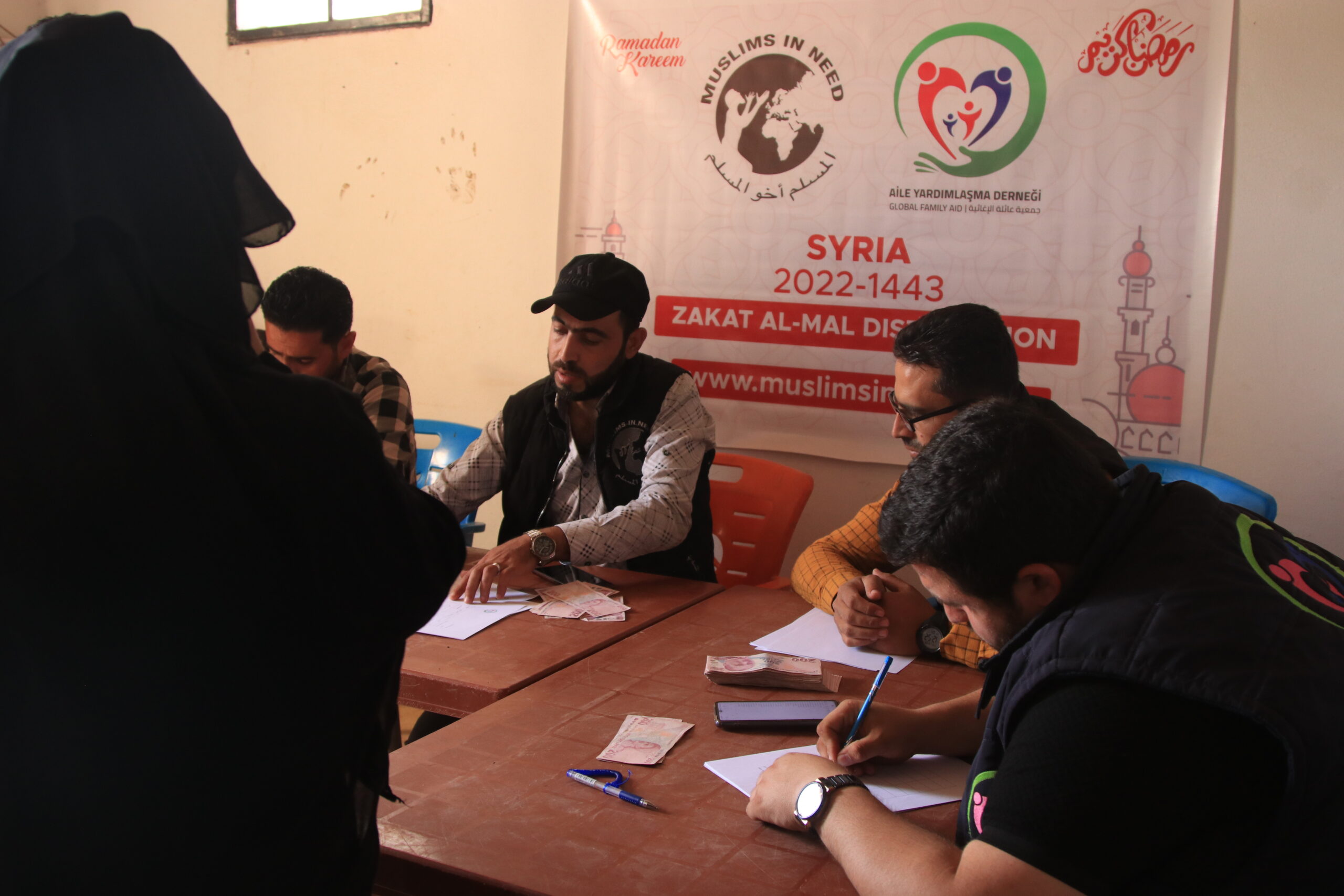
The Global Family Aid is committed to providing much-needed help to Syrian refugees in light of the ongoing conflict. GFA receives Zakat donations and works to distribute the funds toward basic, necessary services that include food, shelter, education, and healthcare. It aids in the empowerment of refugees in rebuilding their lives by supporting projects that enable them to work independently and provides vocational training. This includes technical and professional training courses in computers, sewing, and a number of other areas.
Every Muslim can make a real difference while discharging the due religious obligation of paying zakat through a trusted organization such as GFA. It purifies the wealth, attracts blessings, and shows gratefulness for all the favors granted by Allah Subhana wa Ta’ala. Donate through GFA-the effort to alleviate the suffering of refugees and contribute to social justice and equality can include the donor in the process.
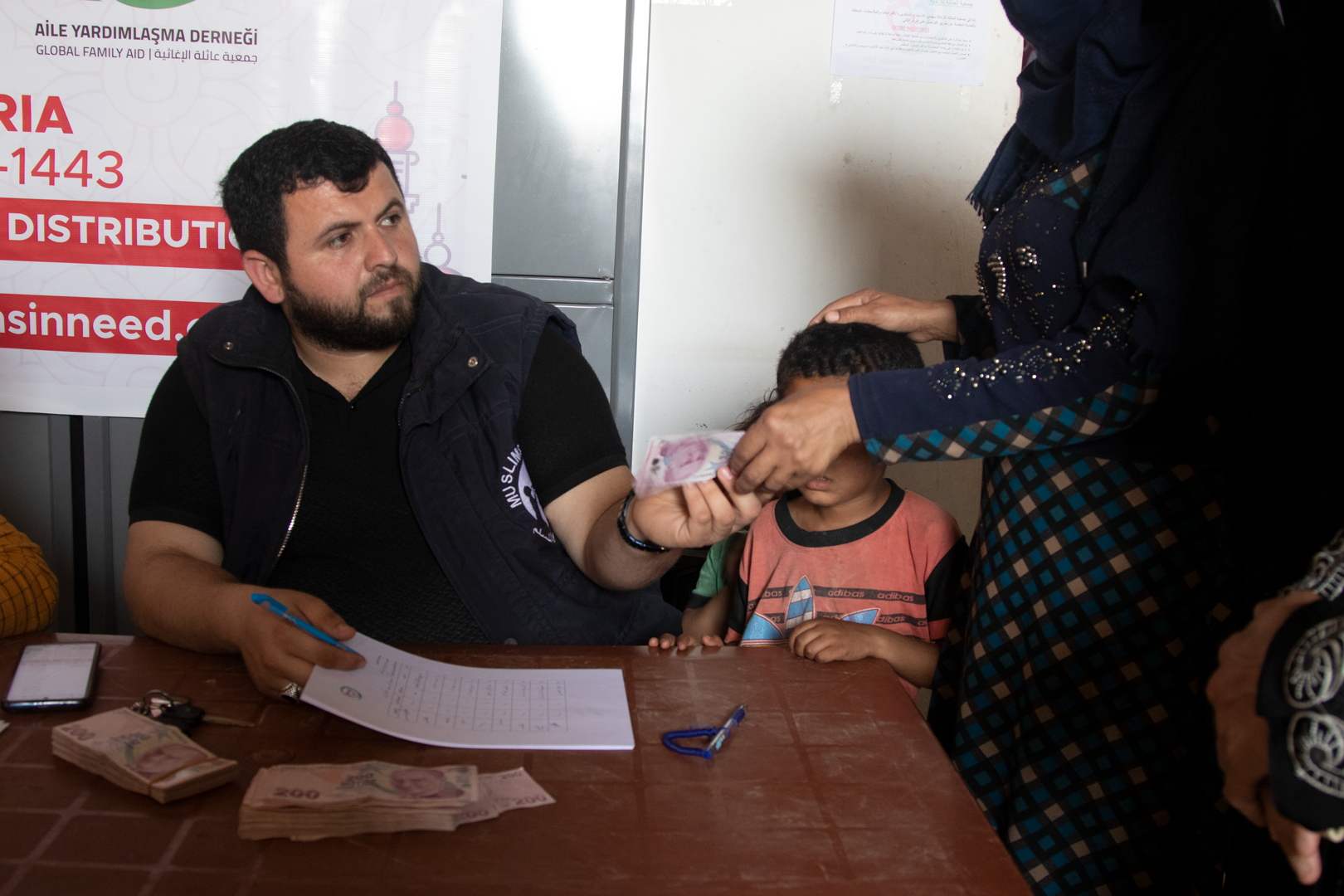
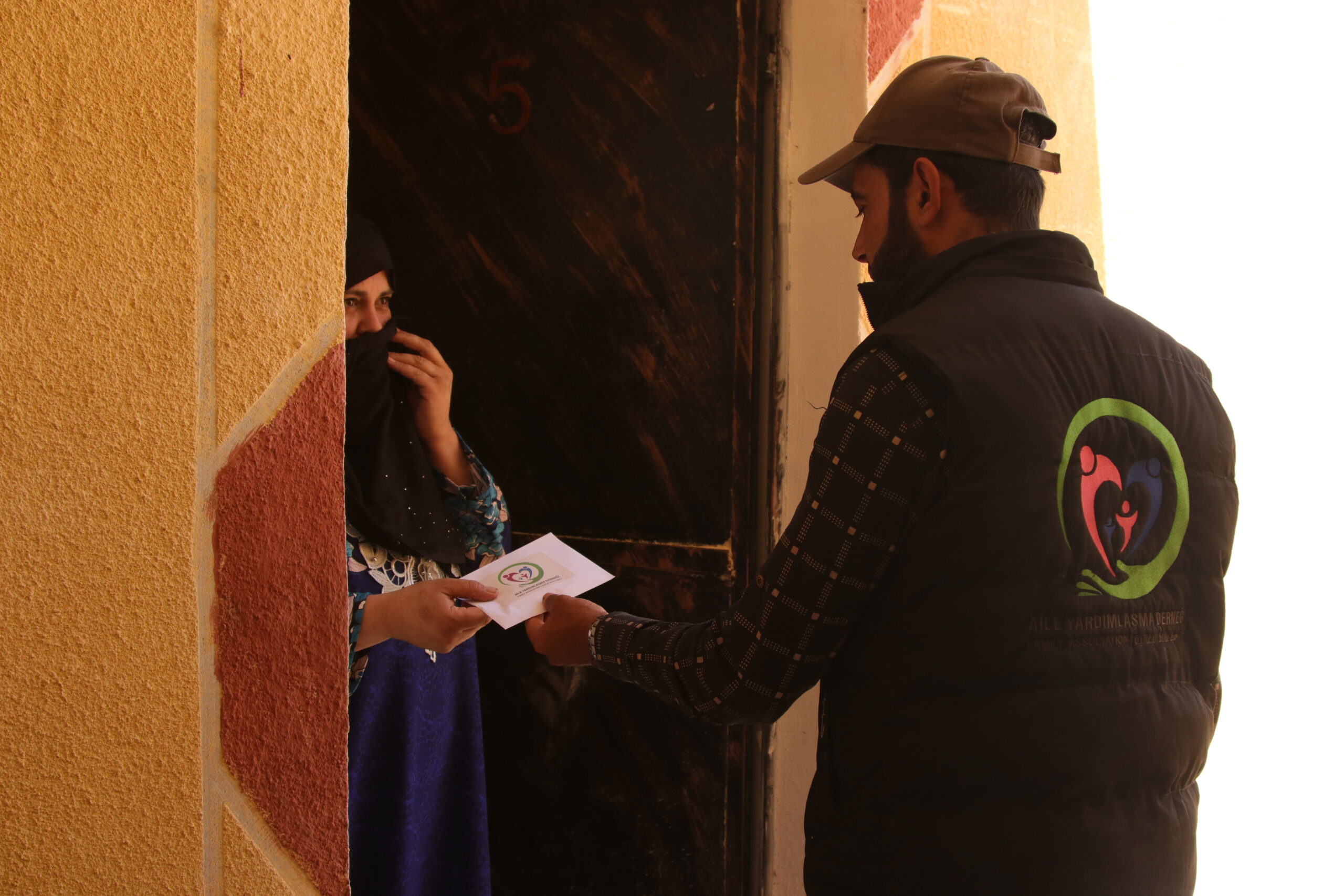
Conclusion
Zakat is that potent force for good, which essentially embodies the virtues of compassion and responsibility. Zakat, when channeled through effective channels like GFA, can help transform lives and instill hope in people amidst adversity. Donate your Zakat today to join GFA’s mission in supporting desperate individuals in need.


